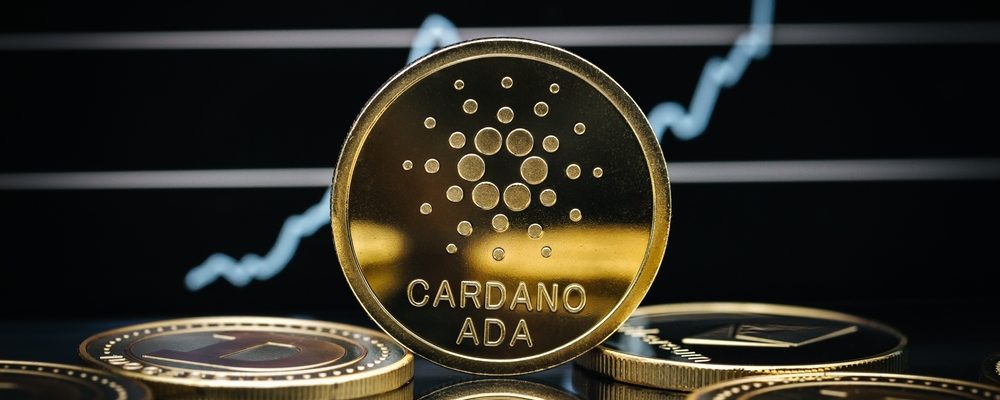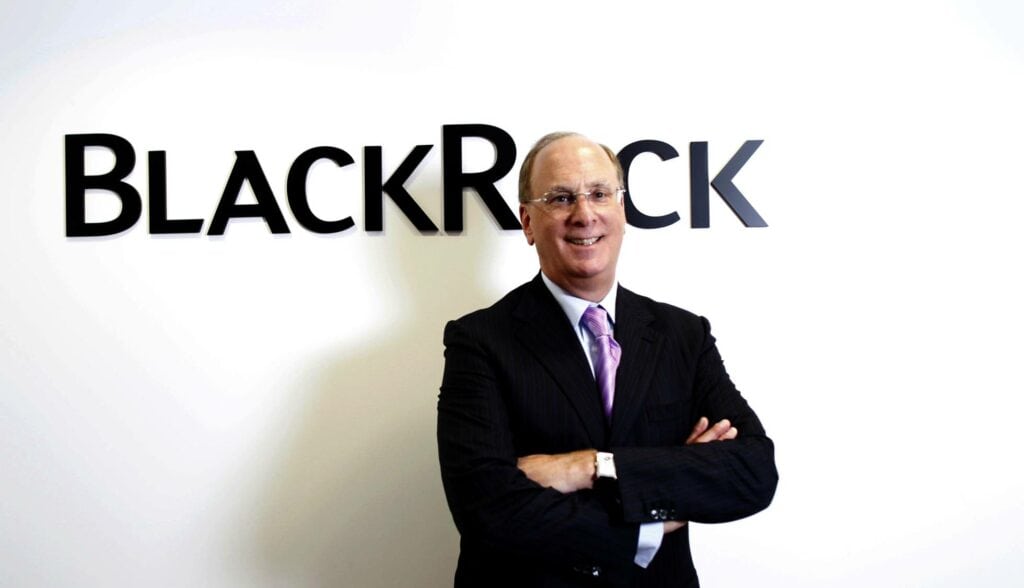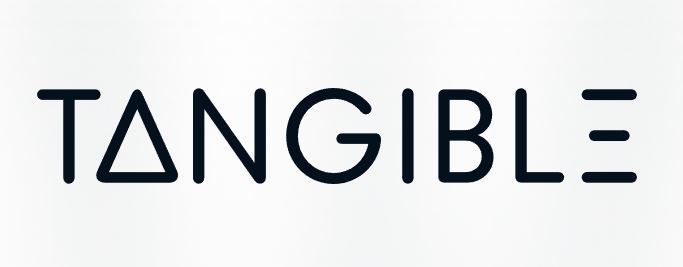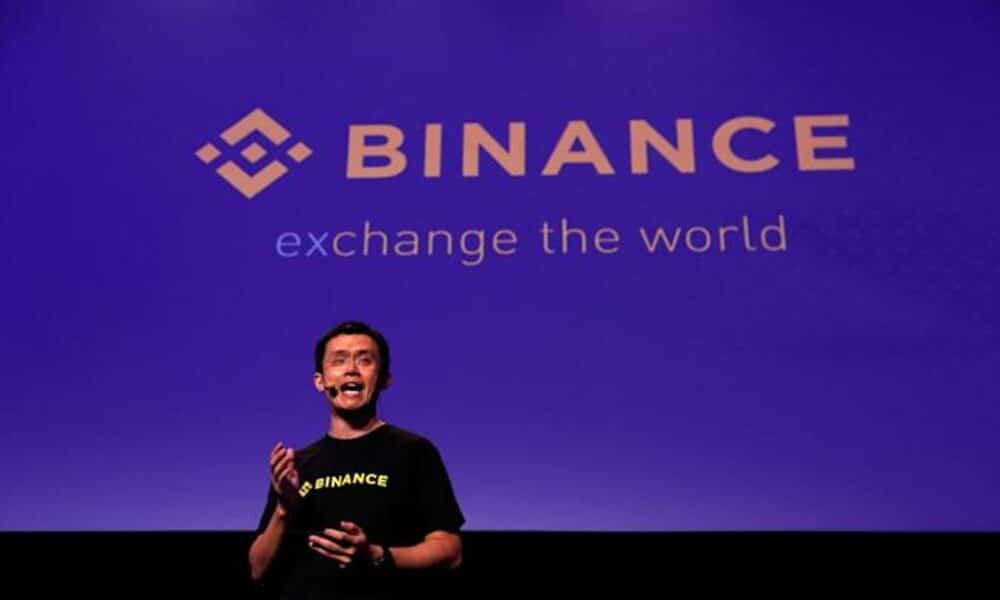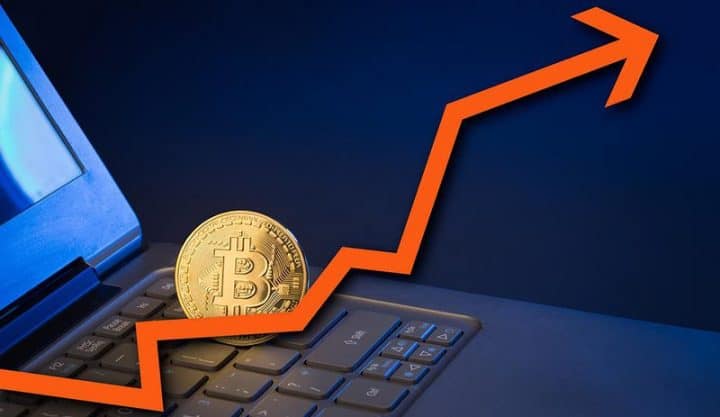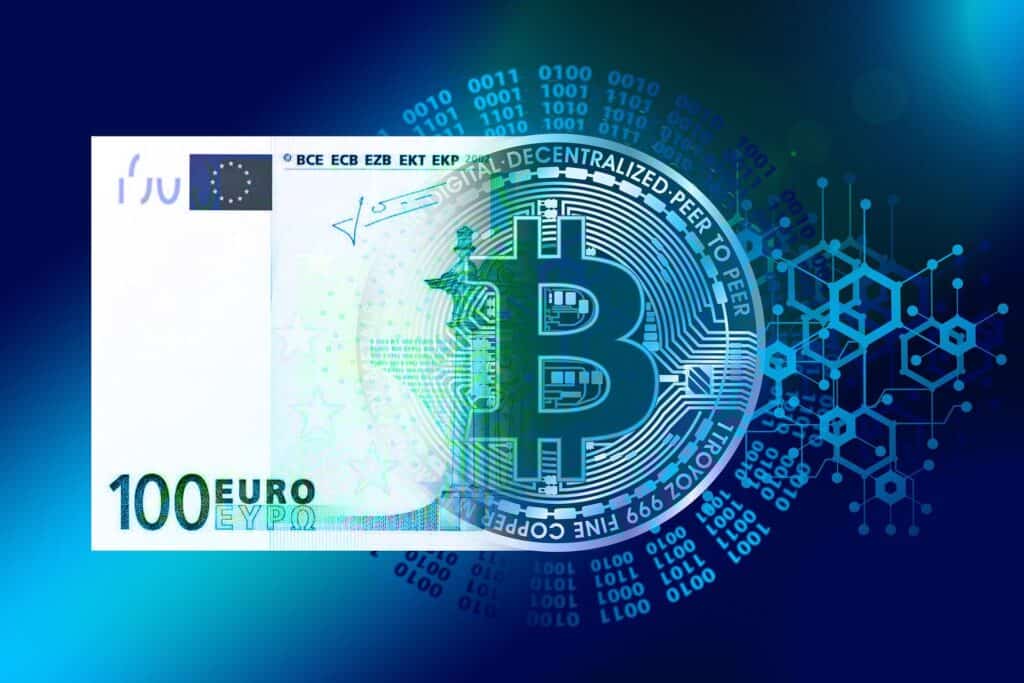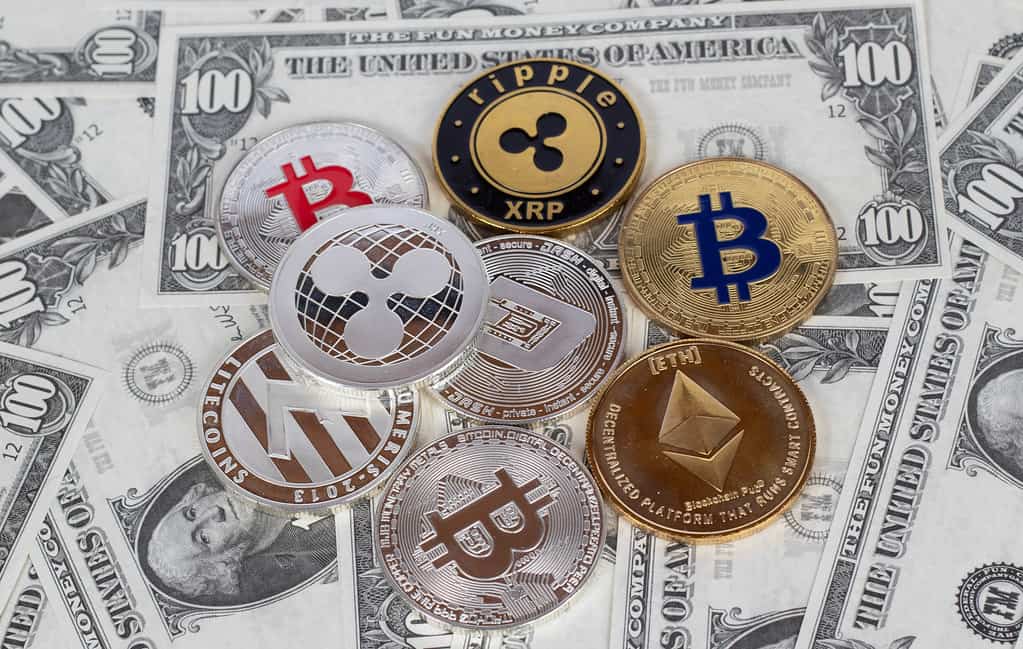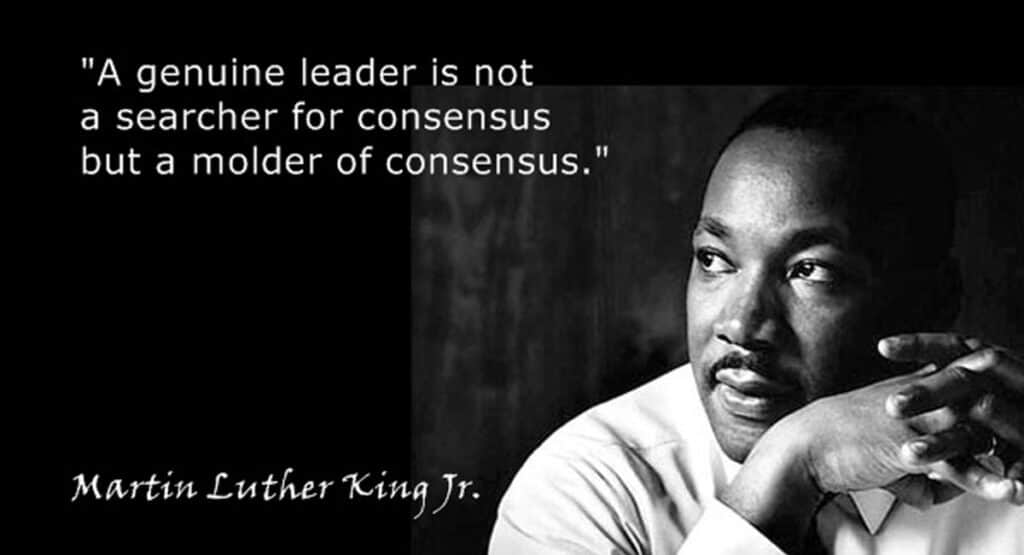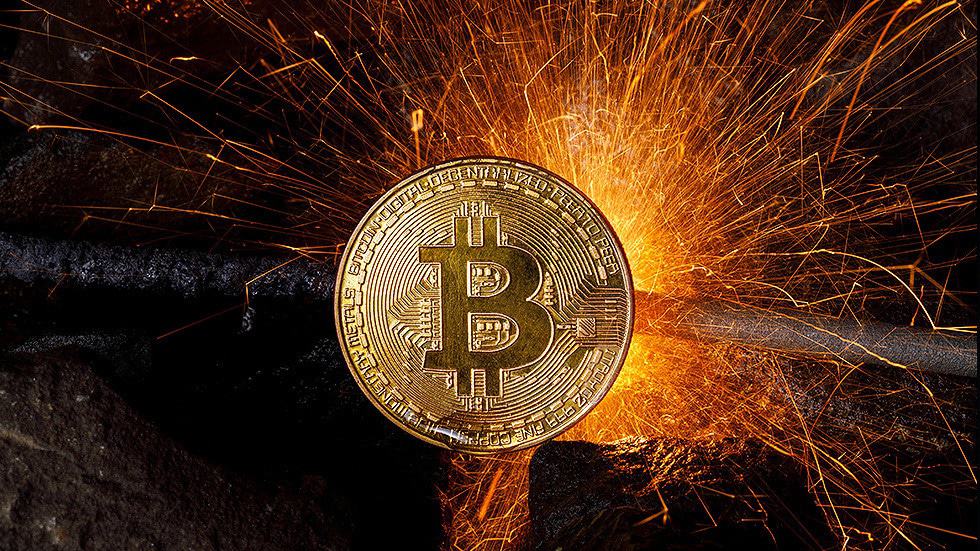Charles Hoskinson turns out to be a person involved not only in the development of the Cardano network, but also in the entire crypto space. Standing before the United States House of Representatives, he decided to fight for the right regulations for the development of the industry.
Crypto regulation a hot topic
When regulations are mentioned, investors and observers of the cryptocurrency market often get cold chills. Crypto investors associate restrictive regulations with less profit. Is this approach justified? Not necessarily. More and more icons of the crypto scene prove it. Among them is the creator of Cardano, Charles Hoskinson.
Standing before the United States House of Representatives, he decided to fight for the future of the rapidly growing sector of the economy, which is blockchain. Speaking at a hearing of the U.S. House Subcommittee on Commodity Exchanges, Energy and Credit, Hoskinson said:
“I look forward to providing you with as much information as you need to ensure a fully informed and robust conversation about the future of digital asset regulation.”
Who should regulate crypto and how?
To date, the prevailing doctrine in the United States is that regulators such as the Securities and Exchange Commission (SEC) and the Commodities and Futures Trading Commission (CFTC) have unsuccessfully attempted to set the rules for the industry. The results remain far from expectations, creating confusion.
As a result, Hoskinson pointed out that it is impossible for one person or entity to regulate all cryptocurrencies. In his opinion, regulation could become algorithmic. He pointed out that a characteristic of the industry is that transactions contain metadata and an identity of sorts. Based on this, there is a possibility of introducing a self-certification system, which would be backed by a self-regulatory organization (SRO). This solution would be monitored by the Commodity Futures Trading Commission or the SEC. At the same time, it would not involve any of the mentioned organizations, as long as the algorithm did not detect any anomalies.
The plethora of blockchain projects presents a difficulty
Hoskinson also pointed out that the industry is developing so fast that it is impossible to regulate all existing projects. The market counts nearly 20,000 of them. He therefore called for public-private partnerships of the kind that have occurred in the past:
“The United States has embraced public-private partnerships that have allowed the Internet to flourish and for the United States to play and maintain a major role in Internet technology. Similarly, it will take many different agencies working together with the private sector to ensure that the U.S. blockchain industry flourishes and reaches its full potential.”

